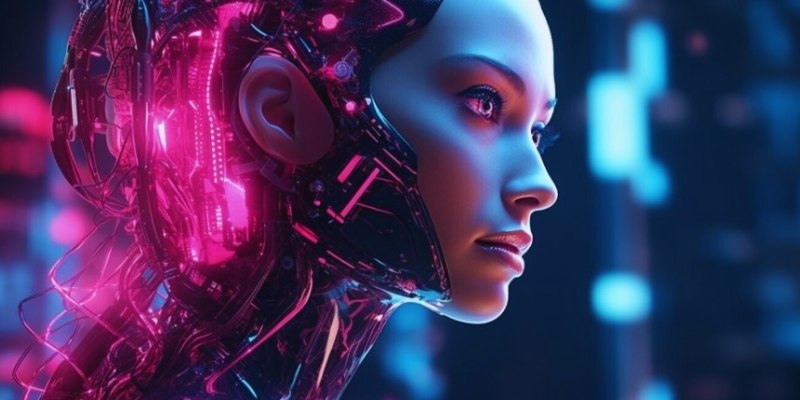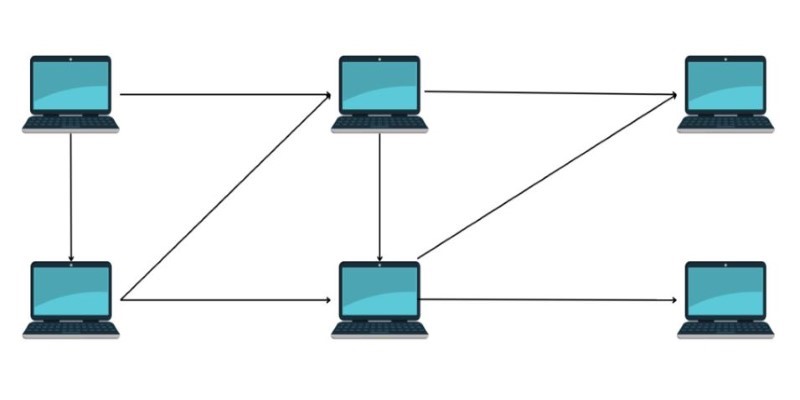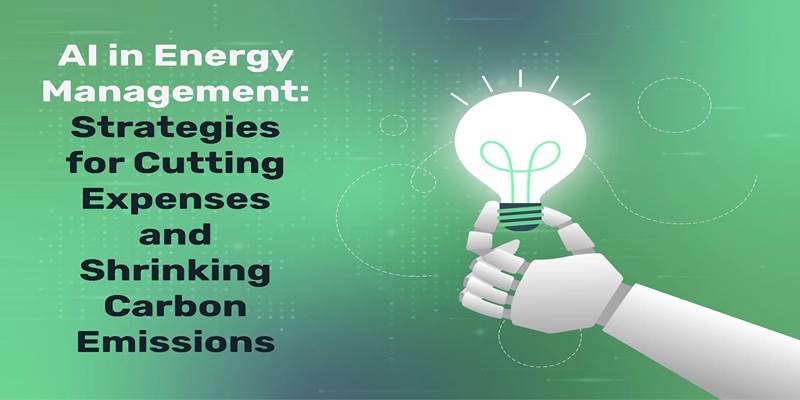AI tools such as ChatGPT support developers in developing. They help with debugging, clarifying, and even code generation. AI has restrictions, though. In some fields, it cannot replace human programmers. Developers have to know both what artificial intelligence can and cannot accomplish. Some coding projects call for advanced knowledge, imagination, and judgment. AI doesn't possess these skills. Though it follows trends, it does not think like people.
It cannot completely grasp project requirements, security issues, or commercial rationale. ChatGPT also finds it difficult to manage big projects. It does not evaluate programs like actual software consumers. Developers still have to check, fix, and improve AI-generated code. This guide lists five main coding chores for which artificial intelligence falls short. Developers have to manage these chores personally.
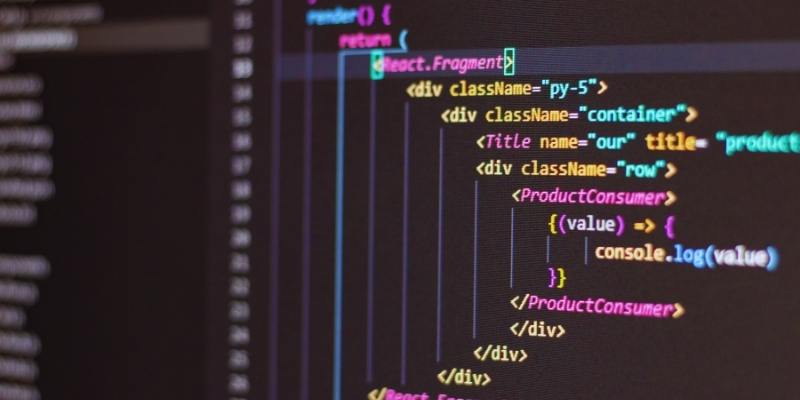
5 Coding Tasks ChatGPT Can’t Do
Below are five coding tasks that ChatGPT cannot fully handle, requiring human expertise for accuracy, security, and performance:
Building Complex Software Architectures
Software architectural design calls for both great technical understanding and careful planning. ChatGPT cannot build whole software structures for large-scale projects but can create little code snippets. Long-term development planning, anticipating system restrictions, and balancing several criteria, including performance, scalability, and maintainability, are not abilities of artificial intelligence. Developers have to take real-world issues that AI cannot completely grasp into account. Designing a distributed system, for instance, requires rigorous data flow, server load, and failure-handling planning. Though often failing under practical circumstances, AI-generated solutions may sound right in theory. AI cannot forecast how various elements interact across time. It cannot control dependencies or modularity or guarantee smooth interaction between several services. Software architecture calls for human judgment, inventiveness, and flexibility. System designs must be tested and refined by developers; they also must guarantee stability by streamlining processes. Though only human knowledge guarantees a scalable, safe, and efficient software system, artificial intelligence can help with coding.
Understanding Business Logic and User Needs
Different sectors have different business logic; hence, one needs a thorough awareness of certain company requirements. AI—including ChatGPT—lacks critical thinking, intuition, and real-world knowledge. It cannot understand the complexity of particular corporate procedures. For instance, a banking system needs exact transaction management; a healthcare program must abide by tight data security rules. Though it can create code, artificial intelligence does not specify or enforce these guidelines. Developers have to make sure industry standards are followed and interpret corporate needs. ChatGPT often generates generic answers without confirming that they fit corporate objectives. It cannot connect with users, compile comments, or improve programs depending on actual use. Artificial intelligence cannot grasp changing consumer wants or industry trends. To increase software usability, developers must work with stakeholders, examine data, and change processes. While artificial intelligence can help automate some jobs, human supervision is necessary to guarantee that software satisfies corporate goals and user expectations.
Ensuring Security and Compliance
Security is an important component of software development, which calls for ongoing attention and knowledge. AI, especially ChatGPT, lacks a complete understanding of changing security concerns. It might produce insecure code or ignore weaknesses hackers could find easy access to. AI-generated code can, for instance, lack appropriate encryption and expose private data. It might not apply authorization or safe authentication, therefore raising security threats. Before release, developers must meticulously check, test, and secure all of the code. One other difficulty is compliance. Strict legal rules for managing user data apply in several sectors. Compliance guidelines, including GDPR or HIPAA, are not tracked or followed by artificial intelligence. Developers must ensure software satisfies industry and regional criteria to avoid legal hotlines. Though AI does not change in real-time, cyber threats change continually. Developers must keep current on security best practices and run code audits and penetration tests. Security depends on artificial intelligence; human supervision is crucial to safeguarding user data and software.
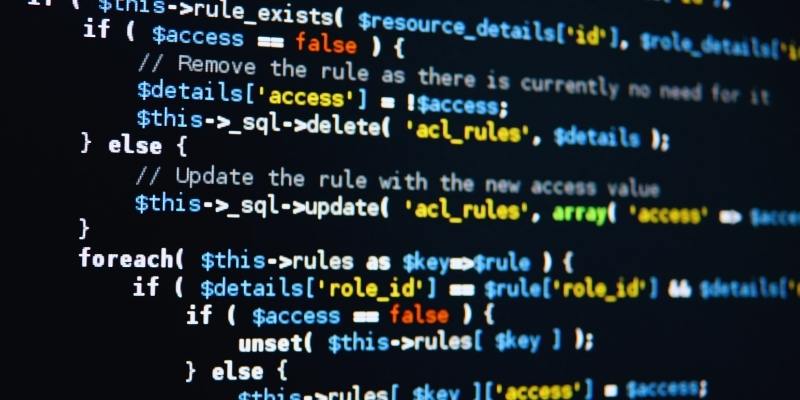
Debugging Complex Issues in Production
While AI may improve coding, it cannot debug manufacturing problems. Debugging calls for real-time analysis, thorough system understanding, and experience dealing with erratic faults. Environmental circumstances, data variances, and user behavior all influence production errors. Debugging tools, server statistics, or logs are inaccessible to artificial intelligence. It cannot accommodate shifting situations or examine real-time failures. A performance bottleneck could, for instance, cause a system to slow down. Fixes created by artificial intelligence may not be the main cause but cover symptoms. Developers have to check system behavior, review logs and personally test several solutions. Another group procedure is debugging. Developers discuss problems, exchange ideas, and work together to find answers. Artificial intelligence cannot replace the inventiveness and cooperation required to fix difficult problems. Debugging depends on human intuition. Developers see trends project mistakes, and use innovative problem-solving.
Writing Efficient and Optimized Code
Though it can create usable code, artificial intelligence is not necessarily efficient or optimal. Developers have to hone code for maintainability, memory use, and speed. AI lacks a complete understanding of these elements and might, for instance, propose brute-force methods rather than refined answers. It ignores actual limitations, memory use, or execution time. To maximize AI-generated code, developers must examine performance indicators and hone their creations.
Additionally, maintainable is optimal code. AI does not create scalability or future update structure for codes. Developers design modular, reusable, clean code to guarantee simpler debugging and long-term expandability. Effective code writing calls for experience and judgment. Developers evaluate trade-offs; they select the finest algorithms and adhere to coding standards. AI cannot replace human knowledge in rendering these important judgments.
Conclusion:
Though they have constraints, AI tools like ChatGPT support developers. AI cannot guarantee security compliance, understand business logic, or create intricate software designs. It also battles with designing efficient code and debugging production problems. These chores call on human experience, judgment, and imagination. Over-depending too much on artificial intelligence runs the danger of poor software performance, security breaches, and inefficiencies. AI is a tool, not a substitute for developers. They must check, edit, and guarantee quality in code produced by artificial intelligence. Knowing the limits of artificial intelligence enables developers to apply it sensibly, producing better, safer, and more effective software solutions.
